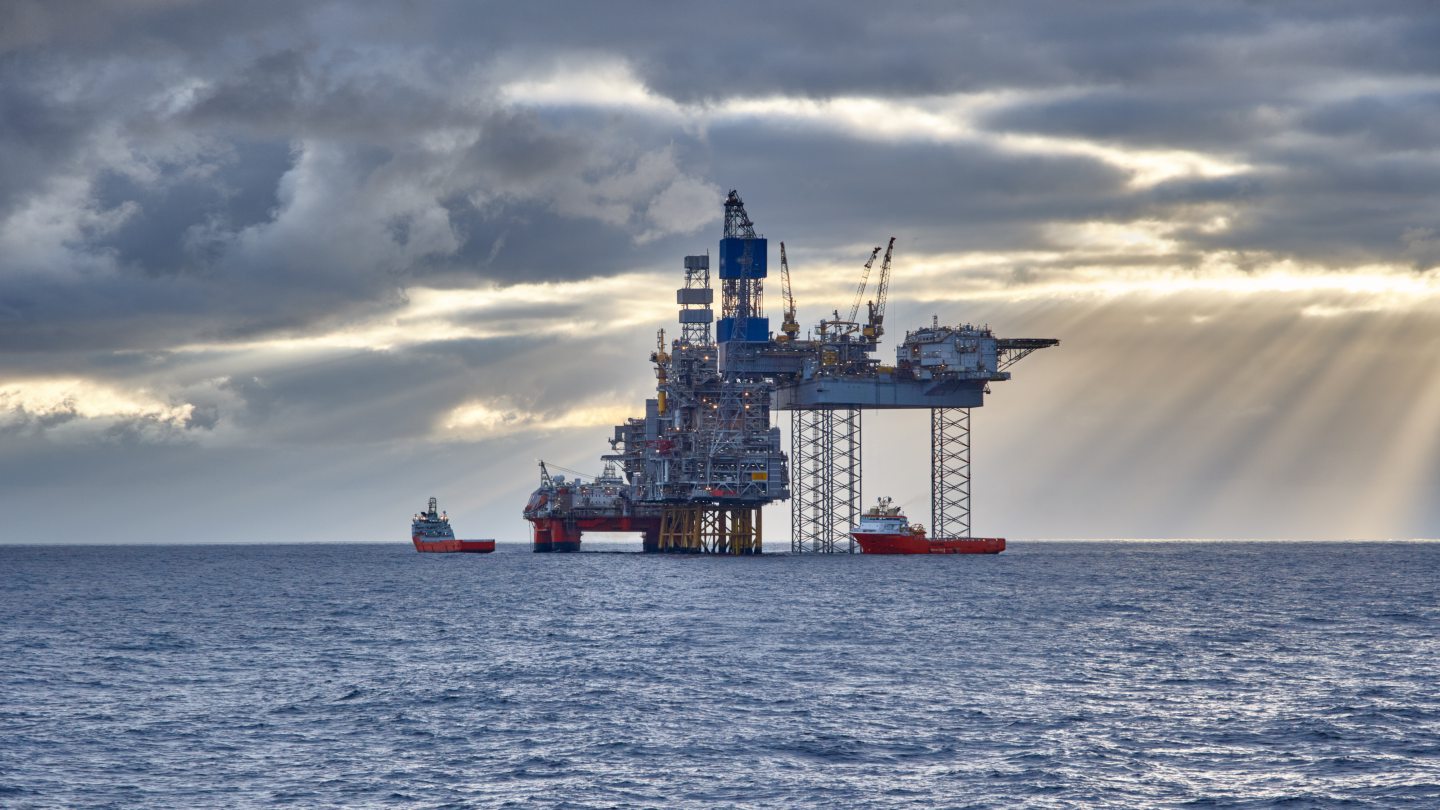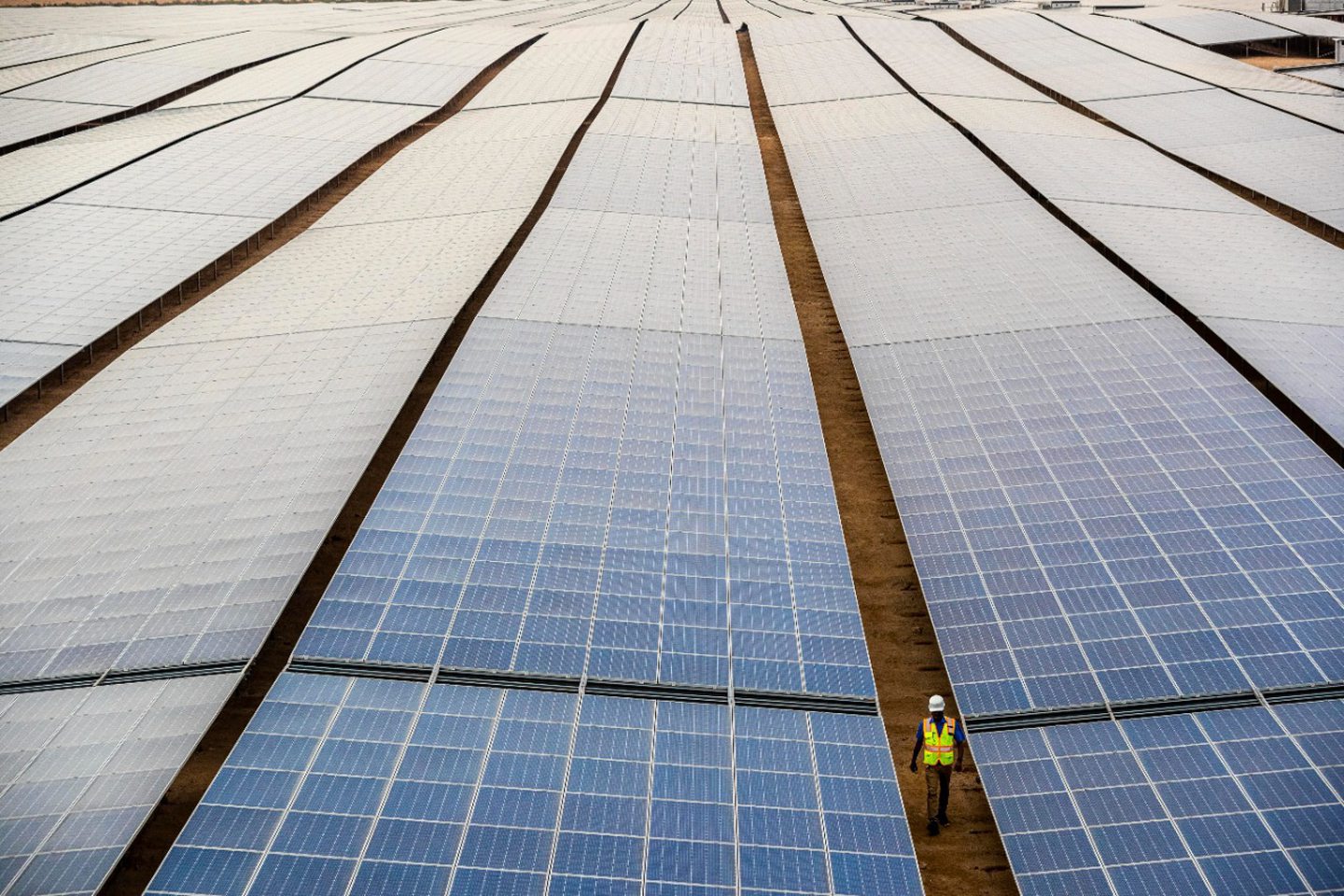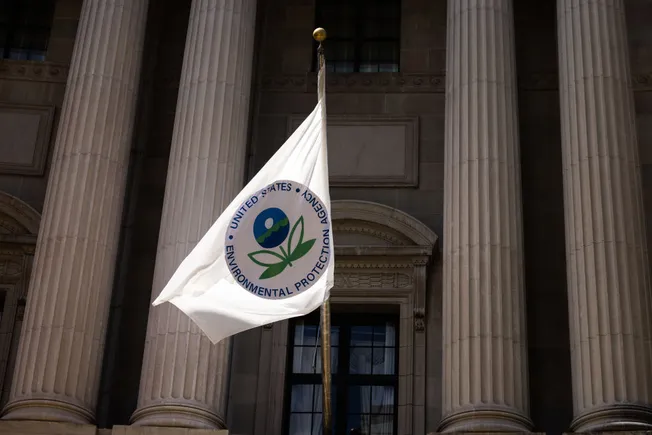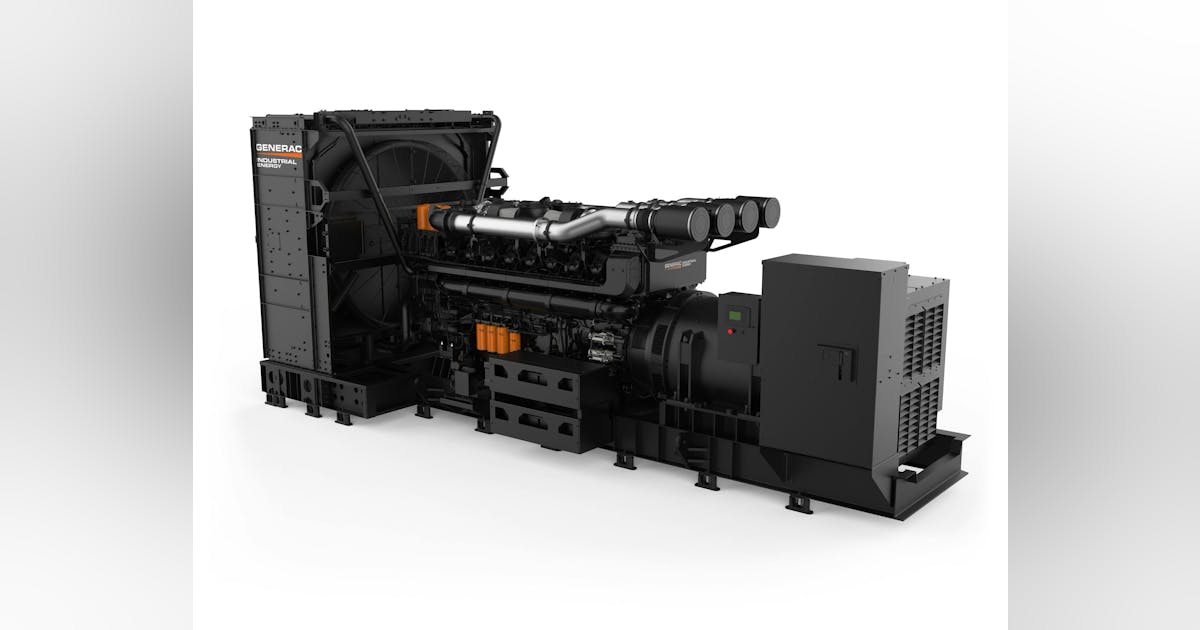Spanish firm Repsol is the closest among major oil and gas producers to alignment with the Paris Agreement, according to a Carbon Tracker report.
However, the report found many oil and gas firms have regressed in their efforts to meet international climate goals in the past year.
The think tank said North Sea producers including BP, Eni, Equinor, Shell and TotalEnergies have all seen their scores decline in the past year.
Carbon Tracker said the industry has seen further “climate backsliding” in recent weeks following the beginning of US President Donald Trump’s second term.
And while Repsol tops the ranking of global oil majors, Carbon Tracker said no firm “comes close to being Paris-aligned”.
The Paris Agreement is a legally binding international treaty adopted in 2015 that aims to limit the impacts of global warming.
The treaty aims to keep global temperature increases to below 1.5 degrees Celsius above pre-industrial levels.
But there are concerns the world is failing to meet that target, with global temperatures surpassing the 1.5 degree threshold in 2024.
 © Supplied by system
© Supplied by systemWhile many oil and gas firms have pledged to transition away from fossil fuels, Carbon Tracker said its research shows many are in fact “doubling down”.
In its report, Carbon Tracker assessed six metrics including recent project sanctions, production plans and emissions reduction targets to provide a grade firms.
The research found almost all producers are planning to increase oil and gas production, with most firms likely to invest in new projects that could lead to a 1.7 degrees, or even 2.4 degrees, warming scenario.
North Sea operators climate alignment
Carbon Tracker named Repsol as the top performing oil and gas producer, with the Spanish firm the only company awarded an overall ‘D’ grade.
Harbour Energy took the number two spot with an E score alongside Italian operator Eni and America’s EQT Corporation.
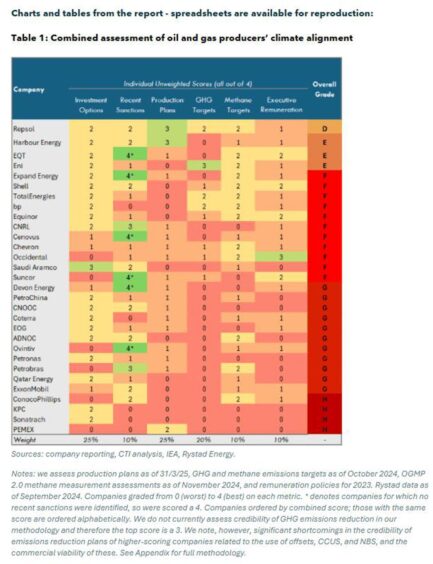 © Supplied by Carbon Tracker
© Supplied by Carbon TrackerCarbon Tracker awarded North Sea operators BP, Shell, Equinor, TotalEnergies and and Canada’s CNRL an F grade, alongside Chevron and Saudi Aramco.
China’s CNOOC, the operator of the Buzzard platform in the North Sea, secured a G grade alongside Malaysia’s Petronas and Brazil’s Petrobras.
Meanwhile, ExxonMobil, Algeria’s Sonatrach, Kuwait’s KPC and Mexico’s Pemex were listed as the worst climate performers with an H grade.
Big Oil and Paris Agreement
Carbon Tracker said its analysis “underscores doubts that the sector is able or willing to set itself on a pathway to align with the Paris Agreement goals”.
In addition, the organisation said investors with climate mandates “will need to question continued positions in these companies”.
The ongoing transition away from fossil fuels is also exposing investors in the sector to increased risk, the report said.
Despite Trump’s push to increase oil and gas production, demand for the fuels is expected to continue slowing.
The Carbon Tracker report comes after a separate report last year which found North Sea oil and gas producing countries are not aligned with the Paris Agreement.
Oil Change International warned Norway, the UK, the Netherlands, Germany and Denmark were all failing to stay within the 1.5 degree warming limit.





